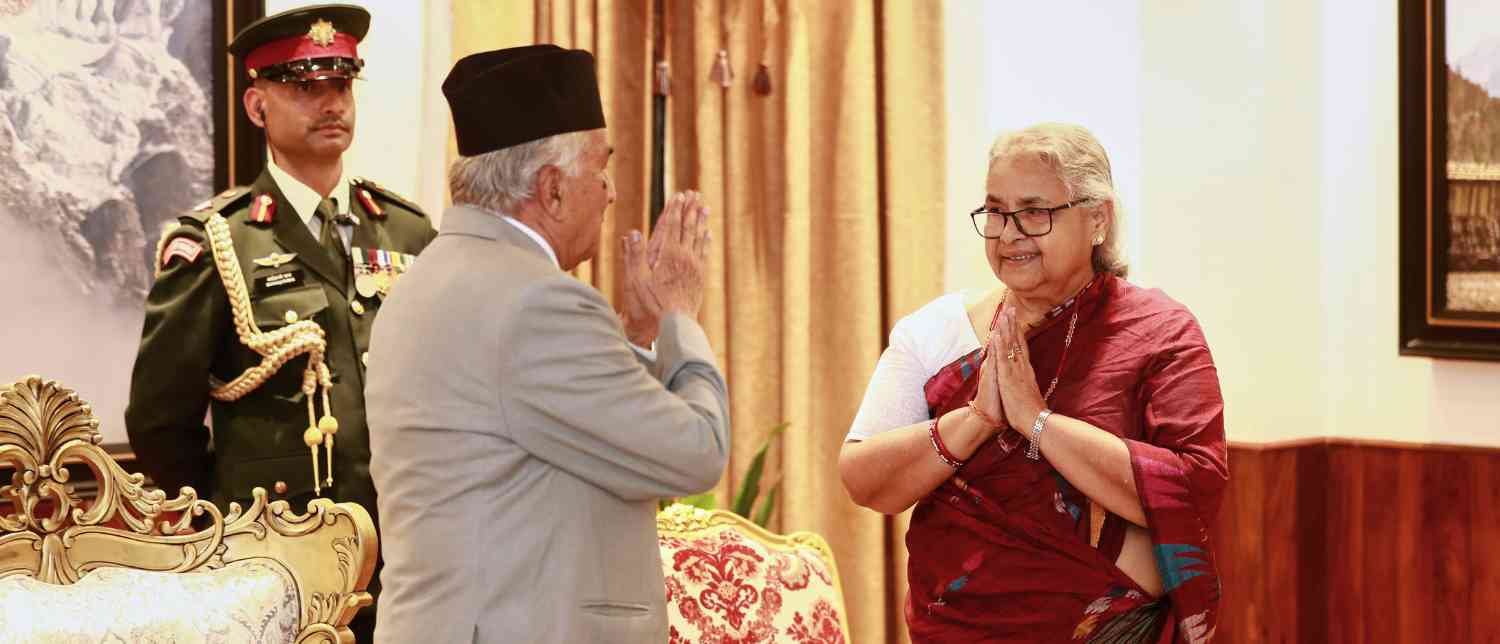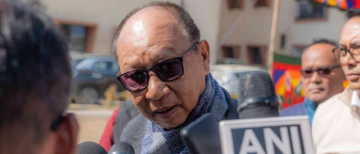Nepal has entered a new political chapter after a week of turmoil, historic protests, and a dramatic transfer of power. On Friday night, Nepal’s Parliament was officially dissolved and fresh general elections were scheduled for March 5, 2026, just hours after former Chief Justice Sushila Karki was sworn in as the country’s first woman interim Prime Minister.
The announcement came directly from the President’s Office following the first cabinet meeting convened by Karki at 11:00 pm. The six-month interim administration is tasked with restoring law and order, maintaining stability, and preparing the country for the upcoming polls.
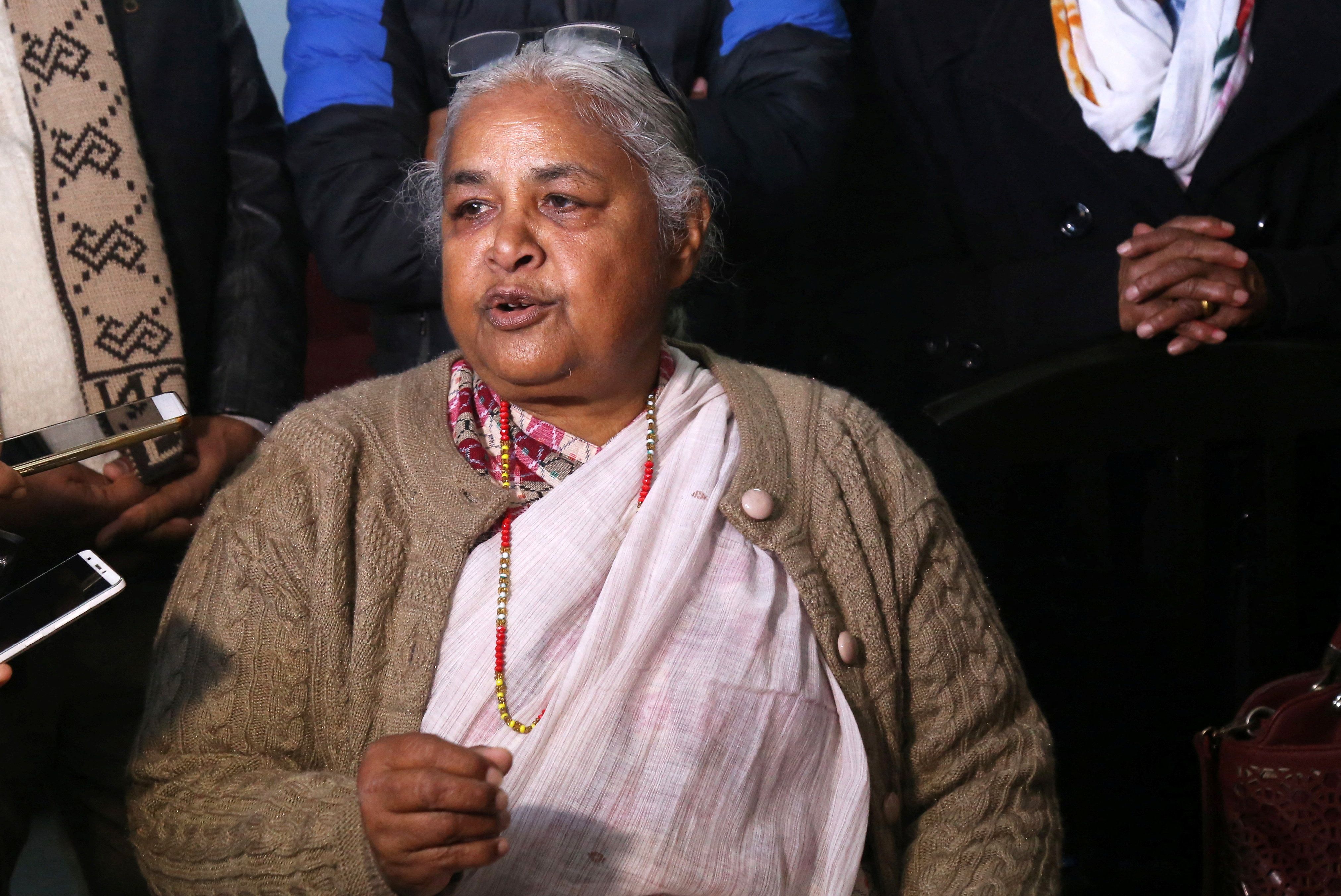
Dissolution of Parliament and Election Date
The President’s statement made it clear that the decision was enacted under the recommendation of the new interim prime minister:
“Honourable President Shri Ram Chandra Paudel, as per the recommendation of Honourable Prime Minister Shri Sushila Karki, has dissolved the current House of Representatives with effect from 11:00 PM on Friday, Bhadra 27, 2082 BS. The date for the election of the new House of Representatives has been fixed as Thursday, Falgun 21, 2082 BS (i.e. 5 March 2026).”
This marks the beginning of a transitional period where Karki’s government will manage the state until the scheduled parliamentary elections in March 2026.
Sushila Karki: From Chief Justice to Nepal’s First Woman Prime Minister
Earlier in the day, Sushila Karki, 73, took oath at Sheetal Niwas, the presidential residence in Kathmandu, becoming Nepal’s first female prime minister. The oath was administered by President Ram Chandra Paudel under Article 80 of the Constitution.
In her swearing-in statement, Karki pledged:
“I, Sushila Karki... take an oath in the name of the country and the people to fulfil my duty as the prime minister.”
President Paudel congratulated her, saying: “Hearty congratulations, you will succeed to save the country.”
The ceremony was attended by Nepal’s chief justice, senior officials, diplomats, security chiefs, and former Prime Minister Baburam Bhattarai. For many, her appointment symbolizes both a break from entrenched political elites and an emblem of judicial independence and integrity.
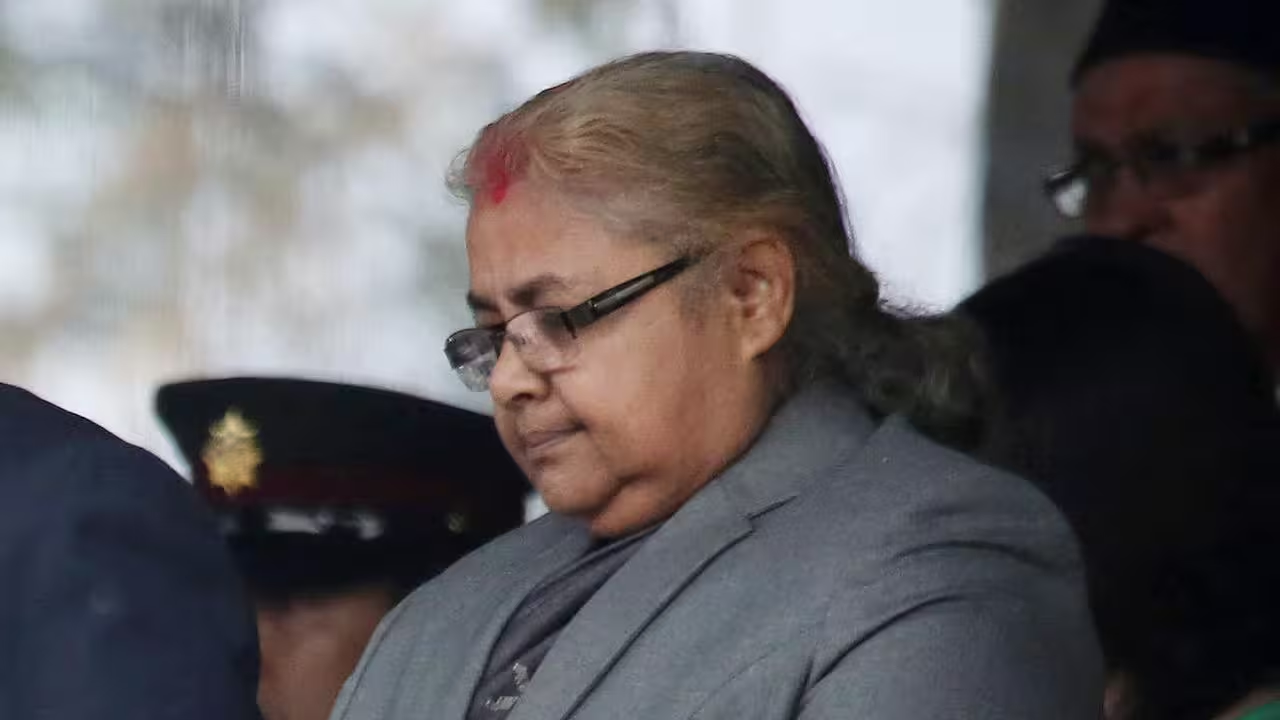
The Fall of KP Sharma Oli and Rise of the Youth Movement
Karki’s elevation follows the dramatic resignation of former Prime Minister KP Sharma Oli earlier in the week. His government collapsed amid massive youth-led anti-corruption protests that escalated after a controversial social media ban.
The unrest spiraled into violent nationwide demonstrations. Security forces clashed with young protesters, leading to at least 51 deaths—the deadliest wave of violence since Nepal’s civil war and the abolition of the monarchy in 2008.
By Tuesday, Oli resigned as protesters set parts of parliament ablaze, forcing political and military leaders into urgent negotiations to restore order.
Gen Z and the Discord Vote: A Turning Point in Nepali Politics
Perhaps the most striking feature of this political transition is the role of Nepal’s Gen Z movement. Thousands of young activists, who had been mobilizing against corruption, used Discord to hold public votes and debates, ultimately nominating Sushila Karki as their preferred interim leader.
Their endorsement aligned with calls from traditional political forces and the military, making Karki the rare consensus candidate. She was selected not only for her reputation as a fearless and independent Chief Justice, but also for her perceived ability to bridge the gap between established politicians and the new generation demanding accountability.
Celebrations erupted outside the presidential palace as young protesters cheered her appointment. Social media was flooded with congratulatory messages:
-
“Congratulations to the first woman prime minister.”
-
“Be successful, save and build the country. Thanks to Gen Z who made this happen.”
This unique blend of street protests, digital democracy, and institutional negotiation has set a new precedent for Nepali politics.
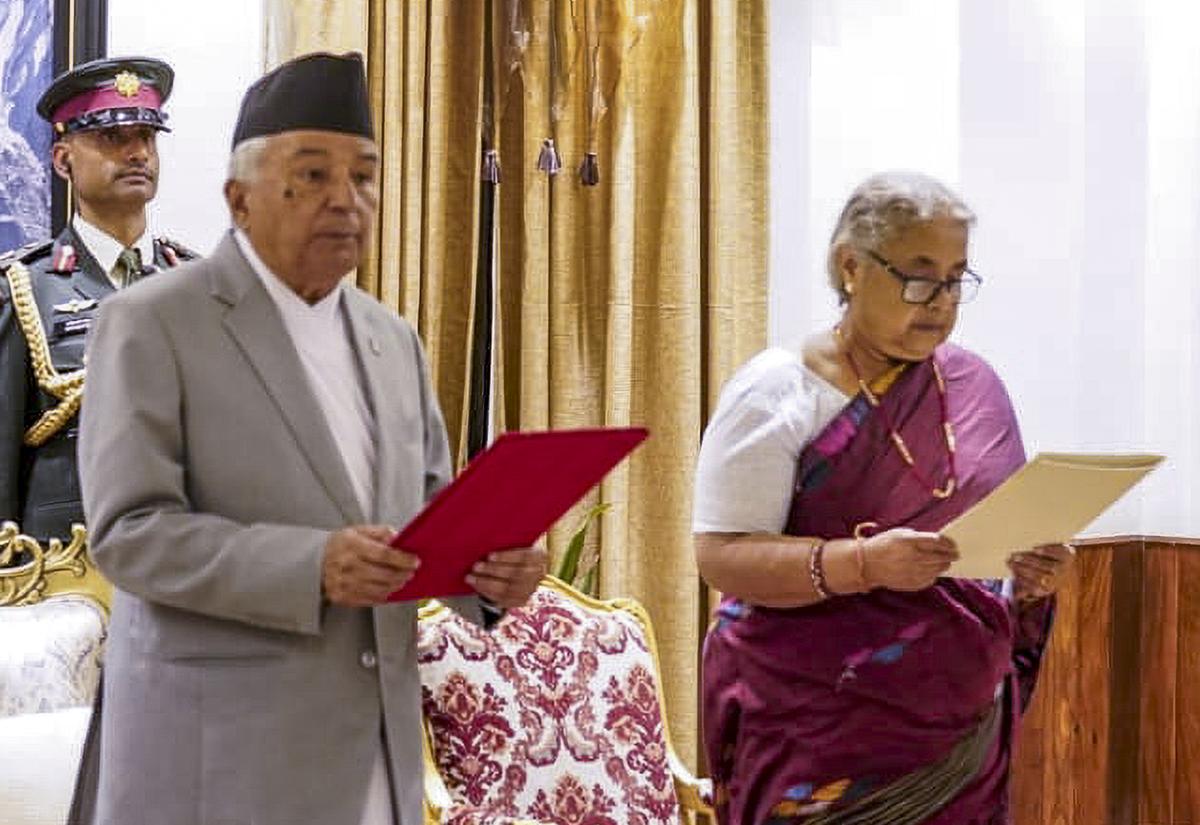
International Reactions: India Welcomes Interim Government
The development in Kathmandu drew immediate international attention. The Ministry of External Affairs (MEA) of India issued a statement welcoming the formation of the interim government:
“We welcome the formation of a new Interim Government in Nepal, led by Right Honourable Mrs Sushila Karki. We are hopeful that this would help in fostering peace and stability. As a close neighbour, a fellow democracy and a long-term development partner, India will continue to work closely with Nepal for the well-being and prosperity of our two peoples and countries.”
India’s response signals strong regional support for Nepal’s transitional process, particularly given the sensitive political climate and the shared interest in Himalayan stability.
Challenges Ahead for Sushila Karki
As interim Prime Minister, Karki faces two major challenges:
-
Restoring peace and order after the worst unrest in decades, while ensuring accountability for the deaths of protesters.
-
Preparing for the March 2026 elections, ensuring that the democratic process is transparent, credible, and inclusive.
She has already signaled that her top priorities are to stabilize the country, safeguard democracy, and create a fair playing field for all political parties in the run-up to elections.
Her selection, backed both by youth movements and established leaders, makes her uniquely positioned to bridge divides. However, given Nepal’s history of fragile governments and factional politics, the path ahead is far from easy.
A Defining Moment in Nepal’s Political Journey
Nepal now stands at a critical crossroads. The dissolution of parliament, the appointment of the country’s first woman prime minister, and the upcoming elections in March 2026 collectively mark a historic turning point.
The Gen Z-led protests and their decisive role in shaping leadership demonstrate a new era of political activism, where digital platforms and grassroots mobilization hold unprecedented power.
Whether Sushila Karki can successfully steer Nepal through crisis, restore stability, and pave the way for credible elections will define not only her legacy but also the country’s democratic future.
For now, her appointment is seen as a victory for youth voices, women’s leadership, and the promise of accountability in Nepali politics.
With inputs from agencies
Image Source: Multiple agencies
© Copyright 2025. All Rights Reserved. Powered by Vygr Media.

